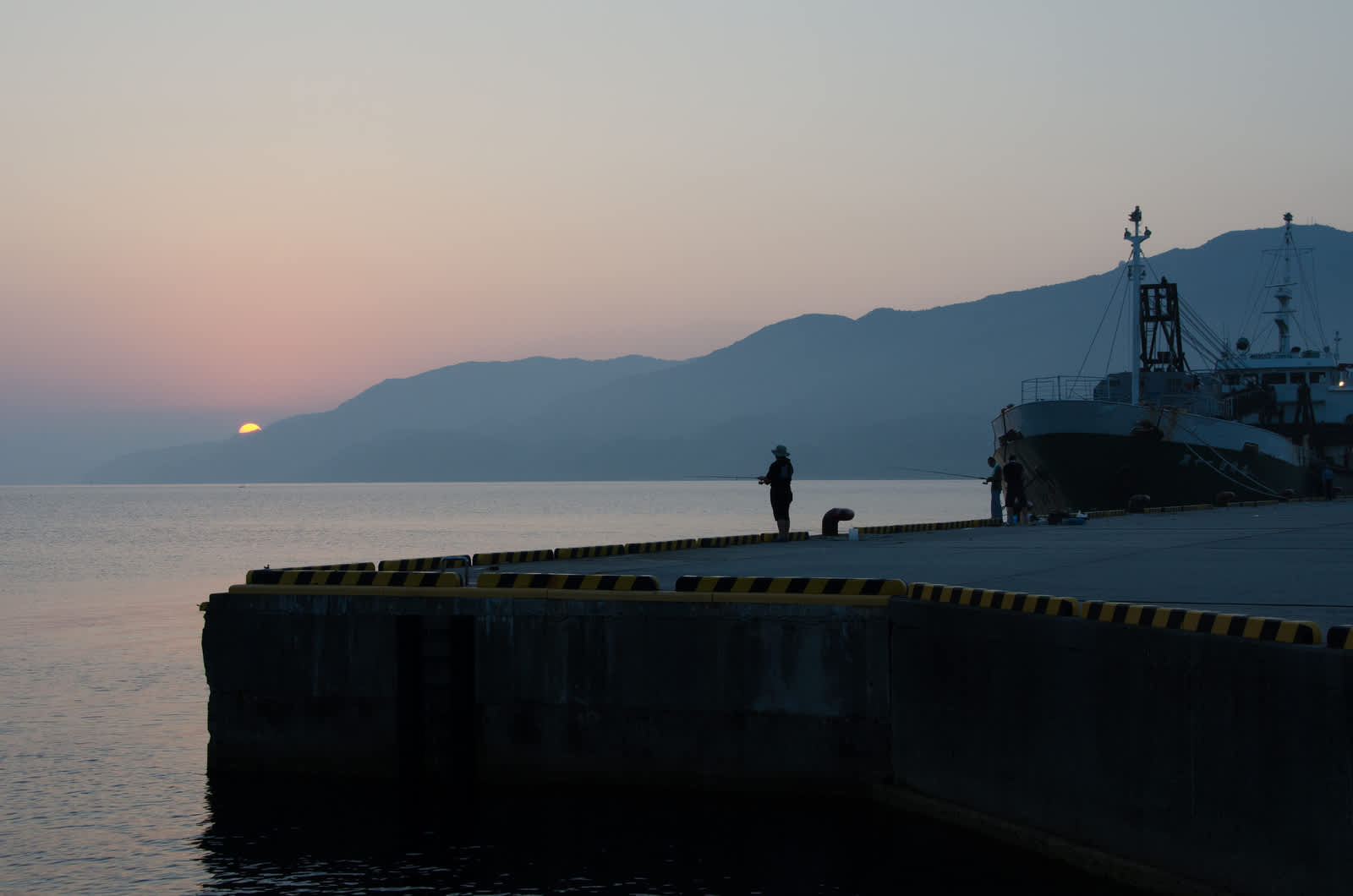Fishing Banned Near Fukushima, Japan after Radiation Alert Level Raised
OutdoorHub Reporters 08.23.13

Japanese reports from the Fukushima nuclear plant confirm that radioactive water had been seeping from a storage tank into the ground. The discovery had prompted the country’s Nuclear Regulation Authority to classify the leak as a level one incident earlier this week. According to the BBC, the agency later proposed raising the alert to level three on a seven-level scale, indicating a significantly more severe problem. Authorities were quick to ban all fishing along the coast of the Fukushima prefecture. This latest revelation comes only a year after local fisherman and recreational anglers returned to the area, and most sport anglers still refuse to eat the fish they catch.
“What can I say? Everyone is so sick of the situation that they are at a loss for words. Whatever we say is useless since they are still discharging the contaminated water,” one anonymous fisherman told CBS. “Even if they make a fuss, there isn’t anything they can do to stop the leak is there?”
The Fukushima nuclear power plant suffered a catastrophic disaster in 2011 as the result of the Tohoku earthquake and tsunami. At the time it was considered the largest nuclear incident since the Chernobyl disaster of 1986 and was rated a level seven on the International Nuclear Event Scale. Since then, water has been continuously pumped in to cool the reactors, which house melted uranium rods. As water flows through the damaged reactor, it picks up trace amounts of radiation and needs to be stored safely in tanks nearby. Plant operator Tokyo Electric Power (TEPCO) discovered this week that 300 tons of water from one of Fukushima’s holding tanks had been leaking into the ground. Experts believe that the radioactive water may have already reached the Pacific Ocean.
“If 300 tonnes are leaking, it will eventually reach the sea. Even if they (TEPCO) are going to create a bypass, I worry whether they can ensure safety,” said Takayuki Yanai of the Onahama Fisheries Cooperative Trustee.
Radioactive material from Fukushima can spread far in the water, affecting marine wildlife and the sea bed. With the assistance of the Japanese government, TEPCO is currently overseeing a multi-billion dollar plan to clean 20 kilometers of water near the power plant, which includes removing an estimated 29 million cubic meters of soil. Some critics say this 40-year plan is merely a drop in the ocean. Last year, a bluefin tuna caught in California showed abnormally high levels of the radioactive isotopes cesium-137 and cesium-134. Scientists say that the raised radiation level is undoubtedly a result of leakage from Fukushima. Researchers say that the bluefin is not contaminated beyond the limit for human consumption, but fish closer to Fukushima were, and astoundingly so. The radiation level of a murasoi fish caught in Fukushima Bay turned up to be 2,500 times the accepted radiation limit for human consumption.
“It is much worse than we have been led to believe, much worse,” said Mycle Schneider, a lead author for the World Nuclear Industry reports.
“What is the worse is the water leakage everywhere else—not just from the tanks,” Schneider continued. “It is leaking out from the basements, it is leaking out from the cracks all over the place. Nobody can measure that.
TEPCO has been heavily criticized over the last two-and-a-half years due their handling of the situation. Shunichi Tanaka, head of the Japanese Nuclear Regulation Authority, recently said that the disaster may be beyond TEPCO’s ability to handle.
“We should assume that what has happened once could happen again, and prepare for more,” Tanaka told reporters. “We are in a situation where there is no time to waste.”

